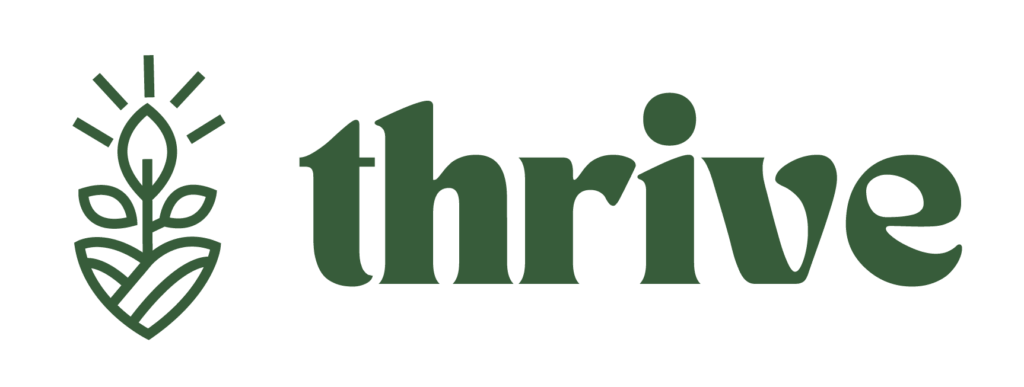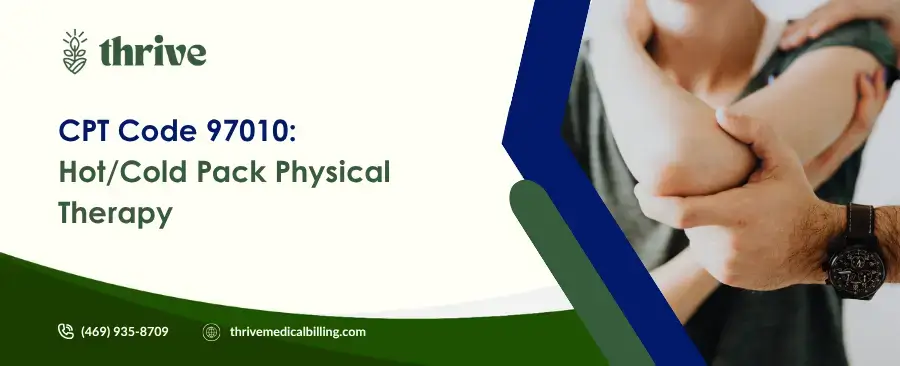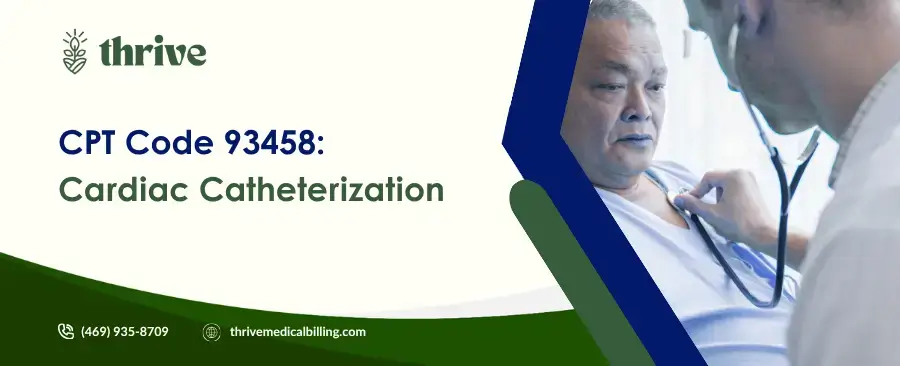Introduction to CPT Code 97010
CPT code 97010 is a procedural code used in medical billing to describe the application of hot/cold pack therapy as part of physical therapy or rehabilitation services. This code is part of the Current Procedural Terminology (CPT) system maintained by the American Medical Association (AMA) and is commonly used in therapeutic procedures to manage pain, inflammation, or muscle stiffness. Understanding the 97010 CPT code is essential for physical therapists, healthcare providers, and billing professionals to ensure accurate billing and avoid issues that lead to claim denials.
This guide provides a detailed overview of CPT code 97010, its applications, modifiers, Medicare reimbursement rates, and strategies to optimize billing for hot/cold pack therapy in the treatment of various musculoskeletal and pain-related conditions.
What is Hot/Cold Pack Therapy and CPT Code 97010?
Hot/cold pack therapy, represented by CPT code 97010, is a physical therapy modality involving the application of hot or cold packs to a specific area of the body to alleviate pain, reduce inflammation, or improve circulation. This non-invasive treatment is typically performed by a physical therapist, physical therapy assistant, or other qualified healthcare provider in outpatient settings, such as physical therapy clinics, rehabilitation centers, or hospitals.
CPT code 97010 is classified as a supervised modality, meaning it does not require direct one-on-one patient contact by the provider during the entire application, as the therapy is applied and left in place for a set duration. It is used to address conditions like muscle strains, joint pain, or swelling, often as part of a broader physical therapy plan.
Procedure Involving CPT Code 97010
The procedure involving CPT code 97010 includes the following steps:
- Patient Assessment: The physical therapist evaluates the patient’s condition, identifying areas of pain, inflammation, or stiffness that may benefit from hot/cold pack therapy.
- Selection of Modality: The therapist determines whether a hot pack (to relax muscles and increase blood flow) or a cold pack (to reduce swelling and numb pain) is appropriate based on the patient’s condition.
- Application: The hot or cold pack is applied to the targeted area, typically wrapped in a towel or cover to protect the skin. The pack is left in place for 10–20 minutes, depending on the treatment plan.
- Monitoring: The therapist or assistant periodically checks the patient to ensure comfort and safety, though continuous one-on-one supervision is not required.
- Documentation: The therapist documents the type of modality used (hot or cold), the duration, the treated area, and the patient’s response to the therapy.
The procedure is quick, non-invasive, and typically part of a comprehensive physical therapy session. CPT code 97010 is used to bill for the application of hot or cold packs, regardless of the number of packs or body areas treated.
Comparison with Related CPT Codes
CPT code 97010 is part of the physical therapy and rehabilitation code set, specifically for supervised modalities. Here’s how it compares to related codes:
- CPT Code 97012: Describes the application of mechanical traction, a different supervised modality.
- CPT Code 97014: Covers electrical stimulation (unattended), another supervised modality, distinct from hot/cold pack therapy.
- CPT Code 97022: Represents whirlpool therapy, a supervised modality involving water-based treatment.
- CPT Code 97110: Describes therapeutic exercises, a direct one-on-one procedure, unlike the supervised nature of 97010.
- CPT Code 97140: Covers manual therapy techniques, requiring hands-on intervention, distinct from the passive application of 97010.
Choosing the correct procedural code is critical to ensure accurate billing. For example, billing CPT code 97010 for a hands-on therapy like 97140 or a different modality like 97014 can lead to claim denials.
Modifiers for CPT Code 97010
Modifiers provide additional context for CPT code 97010 to ensure proper reimbursement. Common modifiers include:
- Modifier 59 (Distinct Procedural Service): Denotes a separate procedure on the same day, such as CPT code 97010 and another modality or therapy. Use cautiously to avoid unbundling issues.
- Modifier 76 (Repeat Procedure by Same Physician): Indicates the same provider repeated the hot/cold pack application on the same day.
- Modifier 77 (Repeat Procedure by Another Physician): Used when a different provider repeats the procedure.
- Modifier 99 (Multiple Modifiers): Applied when multiple modifiers are needed.
- Modifier GP (Services Delivered Under an Outpatient Physical Therapy Plan of Care): Required by Medicare to indicate that the service is part of a physical therapy plan.
Note that Modifier 26 (Professional Component) is not typically used with CPT code 97010, as it is a technical service without a separate professional component. Providers must follow AMA and payer guidelines, including Medicare’s National Correct Coding Initiative (NCCI) edits, to avoid errors that lead to claim denials.
Medicare Reimbursement Rates for CPT Code 97010
CPT code 97010 is reimbursable by Medicare, but reimbursement rates vary based on several factors:
- Medicare Physician Fee Schedule (MPFS): The MPFS provides payment rates for CPT code 97010, adjusted by the Geographic Practice Cost Index (GPCI) for regional cost differences.
- Medicare Administrative Contractors (MACs): Regional MACs may impose specific billing rules or coverage criteria, such as Local Coverage Determinations (LCDs) for physical therapy services.
- Non-Facility vs. Facility Rates: Non-facility rates (e.g., private physical therapy clinics) are higher to account for equipment and staff costs, while facility rates (e.g., hospitals) are lower.
- Coverage Limitations: Medicare often considers CPT code 97010 a bundled service when billed with other physical therapy codes, potentially limiting separate reimbursement.
To verify reimbursement rates for 2025, providers should:
- Check the MPFS on the Centers for Medicare & Medicaid Services (CMS) website.
- Consult their regional MAC for specific coverage policies and billing rules.
- Use coding tools like AAPC Coder or WebPT for rate estimates.
Accurate documentation of medical necessity, such as pain, inflammation, or musculoskeletal conditions, is critical for Medicare reimbursement, especially since CPT code 97010 is often scrutinized for bundling.
Conditions Treated with CPT Code 97010
CPT code 97010 is used to treat a variety of conditions through hot/cold pack therapy in physical therapy, including:
- Musculoskeletal Pain: Such as lower back pain, neck pain, or joint discomfort.
- Muscle Strains and Sprains: To reduce swelling (cold packs) or relax muscles (hot packs).
- Arthritis: To alleviate joint stiffness and pain, particularly in osteoarthritis or rheumatoid arthritis.
- Post-Surgical Recovery: To manage swelling or pain after procedures like joint replacement or fracture repair.
- Tendinitis: To reduce inflammation in conditions like tennis elbow or Achilles tendinitis.
- Chronic Pain: To provide relief in conditions like fibromyalgia or myofascial pain syndrome.
Hot/cold pack therapy is typically used as an adjunct to other therapeutic procedures, enhancing overall treatment outcomes in physical therapy.
Medical Billing Best Practices to Ensure Accurate Billing
To ensure accurate billing for CPT code 97010 and minimize issues that lead to claim denials, providers should adopt the following medical billing strategies:
- Train Staff: Educate billing staff on the 97010 CPT code, its role as a supervised modality, and its differences from direct therapy codes like 97110 or 97140.
- Use EHR Systems: Electronic health records like WebPT or Clinicient streamline documentation and coding for physical therapy.
- Document Medical Necessity: Clearly note the condition treated (e.g., pain, inflammation), the type of modality (hot or cold), and its role in the treatment plan.
- Verify Payer Guidelines: Confirm Medicare and private payer rules for CPT code 97010, especially regarding bundling with other therapy codes.
- Conduct Regular Audits: Review claims to identify and correct coding or billing errors, particularly for bundled services.
These practices optimize revenue cycle management and improve financial outcomes for physical therapy practices.
Common Errors That Lead to Claim Denials
Billing errors for CPT code 97010 can lead to claim denials, delaying reimbursement. Common mistakes include:
- Incorrect Code Selection: Billing CPT code 97010 for a direct therapy like 97110 or a different modality like 97014.
- Improper Modifier Use: Applying Modifier 59 without clear documentation of a distinct service or omitting Modifier GP for Medicare claims.
- Inadequate Documentation: Failing to document medical necessity, the type of pack used, or the treated area.
- Bundling Issues: Billing CPT code 97010 separately when payers consider it bundled with other therapy codes, violating NCCI edits.
- Non-Compliance with Payer Policies: Not adhering to Medicare or private payer rules for modality frequency or indications.
Providers should verify codes, modifiers, and documentation to ensure accurate billing and avoid denials.
Conclusion and Resources
CPT code 97010 is a key procedural code for hot/cold pack therapy, a supervised modality used in physical therapy to treat conditions like musculoskeletal pain, inflammation, and arthritis. By understanding the 97010 CPT code, its modifiers, Medicare reimbursement rates, and best practices for medical billing, providers can ensure accurate billing and minimize issues that lead to claim denials. For further guidance, consult:
- CMS Website: For MPFS and reimbursement rates.
- American Medical Association (AMA): For CPT code updates and guidelines.
- American Physical Therapy Association (APTA): For resources on physical therapy and therapeutic procedures.
By staying informed and proactive, physical therapy providers can optimize billing for CPT code 97010 and enhance patient care through effective hot/cold pack therapy.







